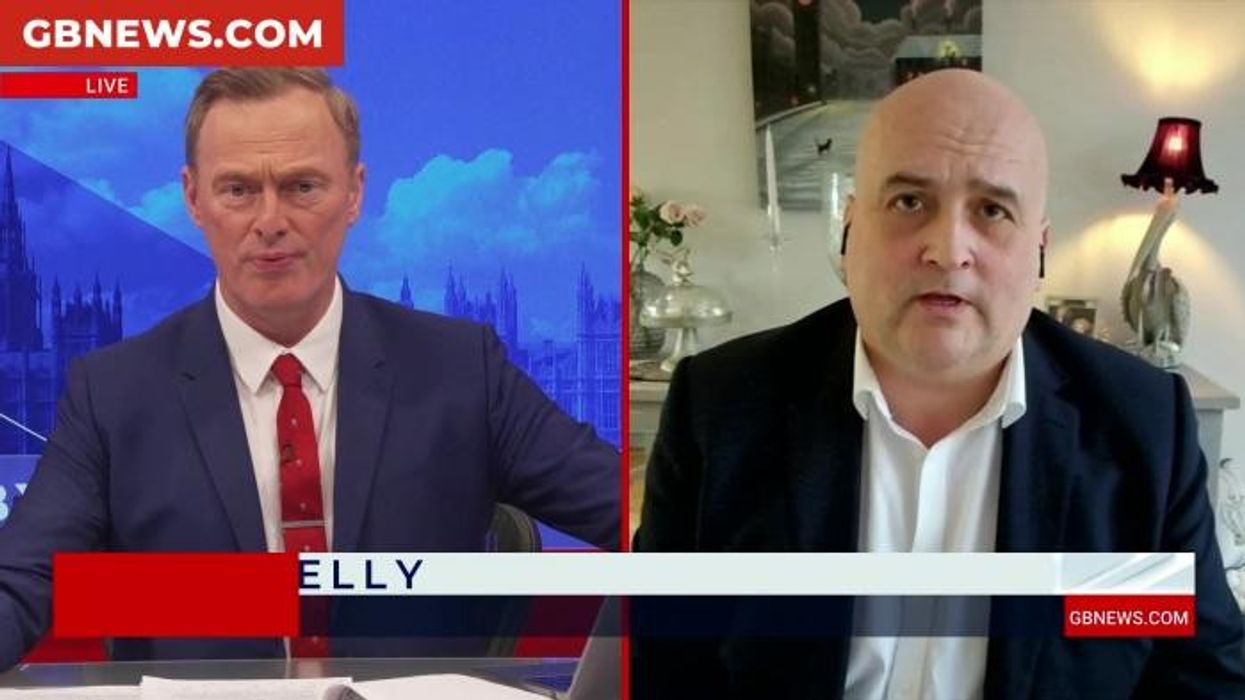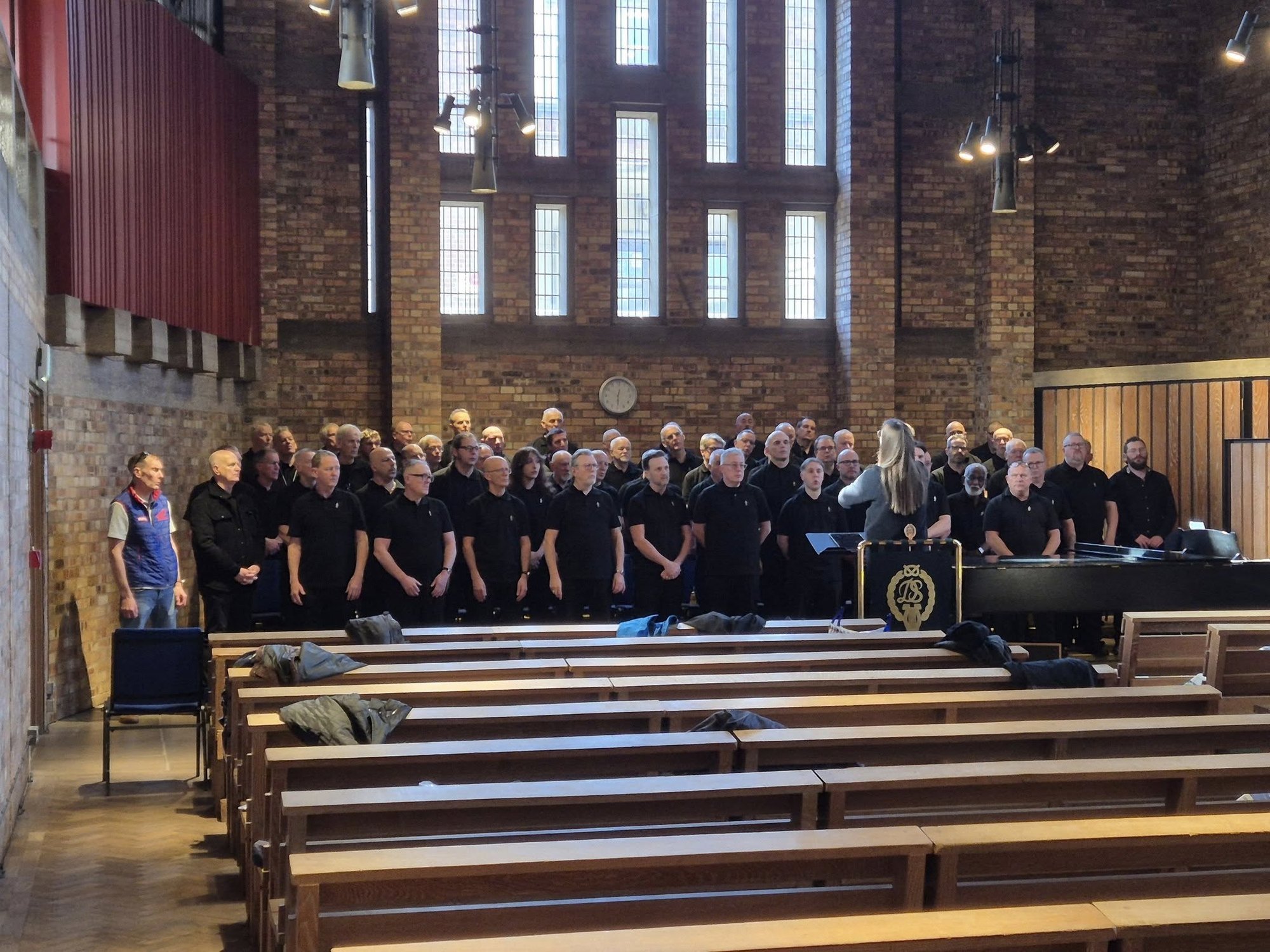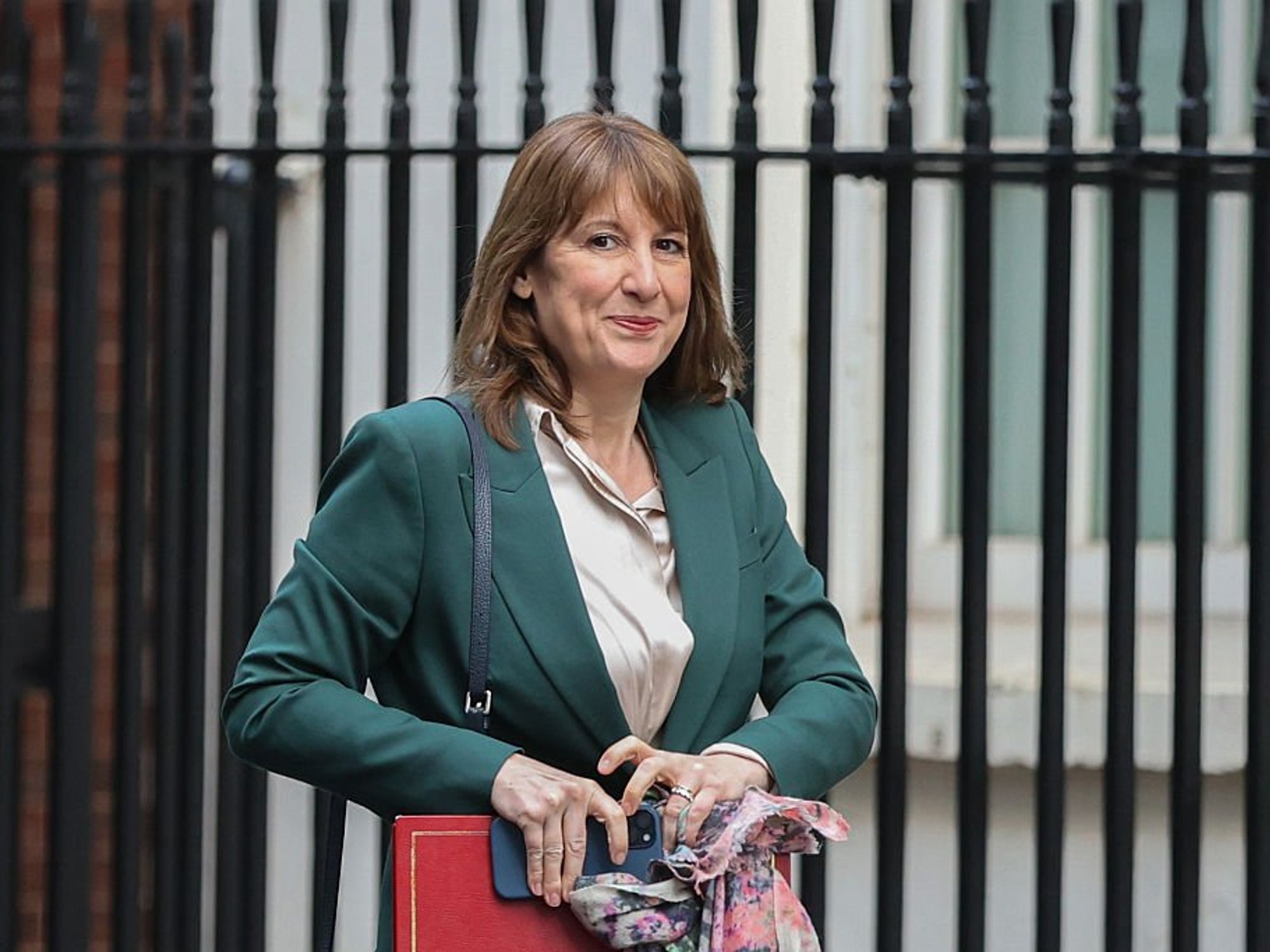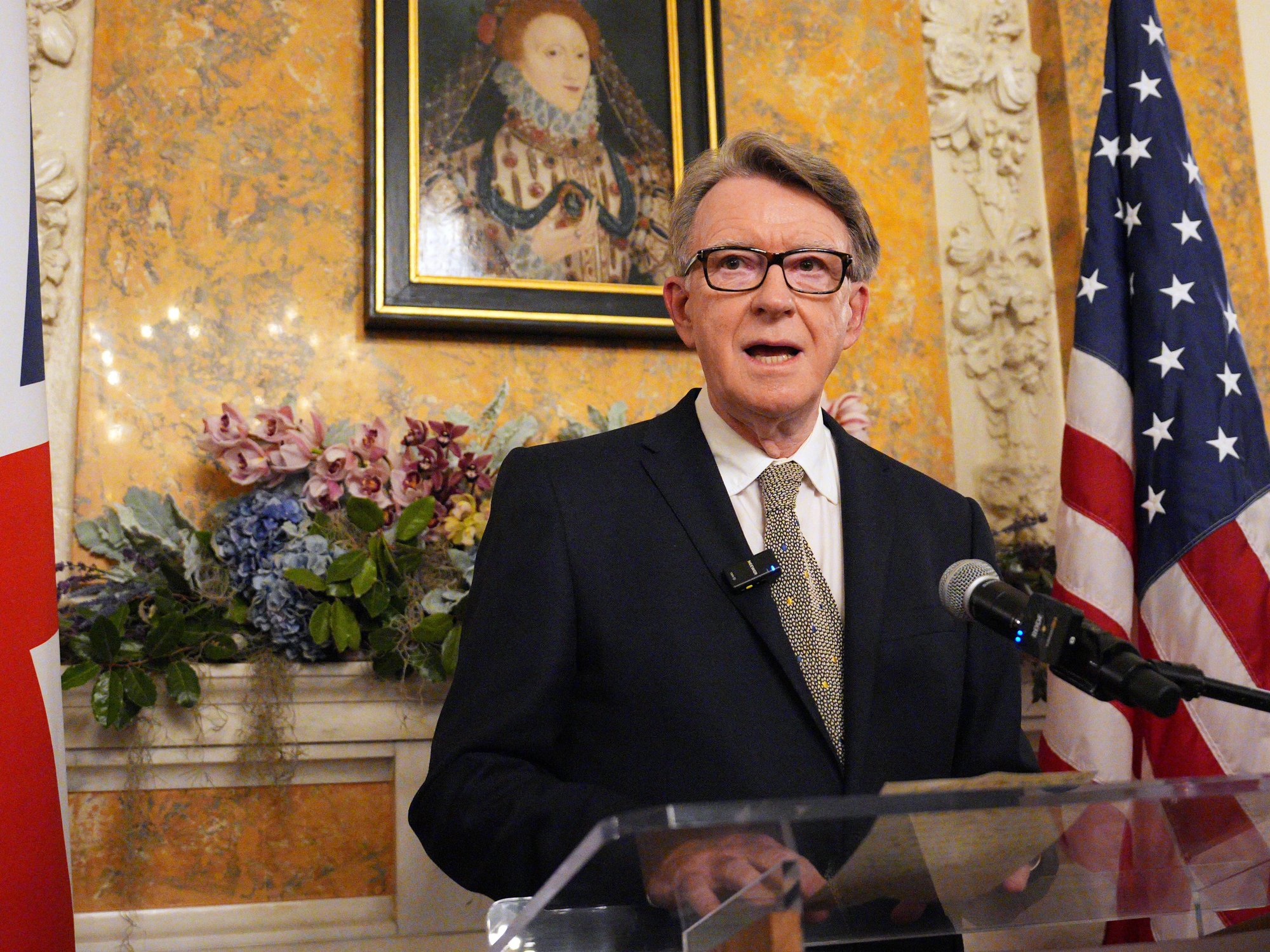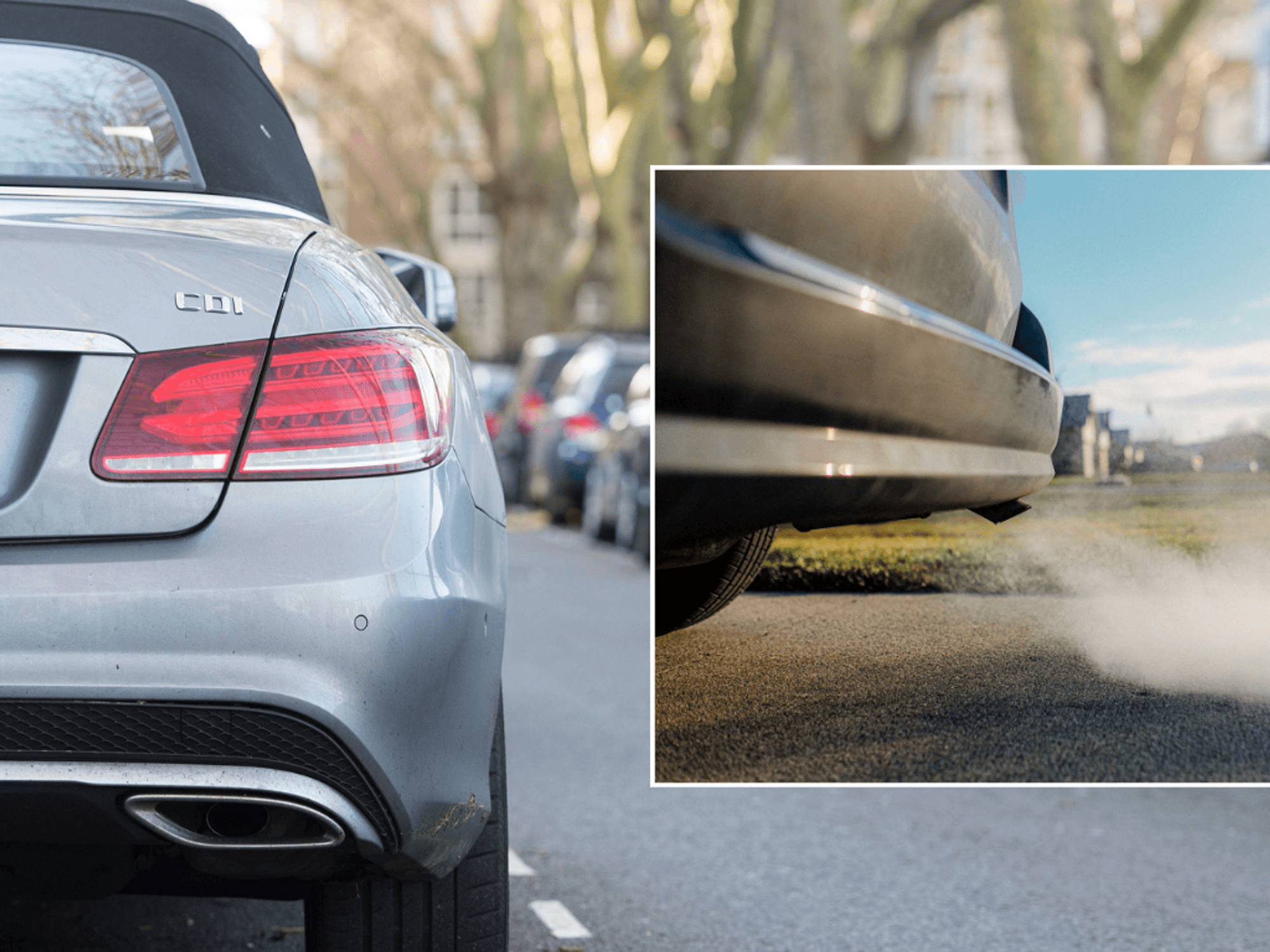BBC Gaza documentary 'breached guidelines' over use of Hamas official's son

The official review over the controversy was published today
Don't Miss
Most Read
The BBC breached its editorial guidelines on accuracy by failing to disclose that the narrator of a Gaza documentary was the son of a Hamas official, according to a review published today.
The corporation's internal investigation examined Gaza: How to Survive a Warzone, which featured a 13-year-old boy narrating about children's lives in the conflict zone.
The documentary was removed from iPlayer in February after the family connection emerged.
The review, led by Peter Johnston, the BBC's director of editorial complaints and reviews, found that whilst the independent production company Hoyo Films bore most responsibility for the failure, the BBC was also at fault.
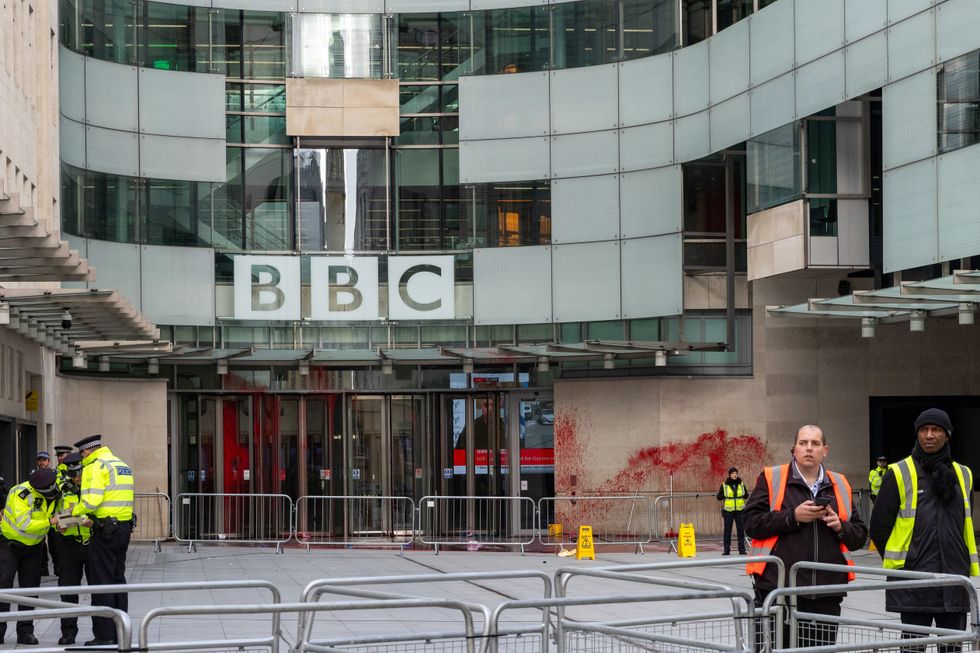
BBC Gaza documentary 'breached guidelines' over use of Hamas official's son
|Getty
Three members of Hoyo Films knew about the narrator's father's position, but nobody within the BBC was aware at the time of production.
The report criticised the BBC team for not being "sufficiently proactive" with initial editorial checks and for a "lack of critical oversight of unanswered or partially answered questions".
The corporation said it was taking appropriate action to review accountability but did not name any individuals facing disciplinary action.
Director General Tim Davie told MPs in March that he made the "very difficult decision" to remove the film after he "lost trust" in it.
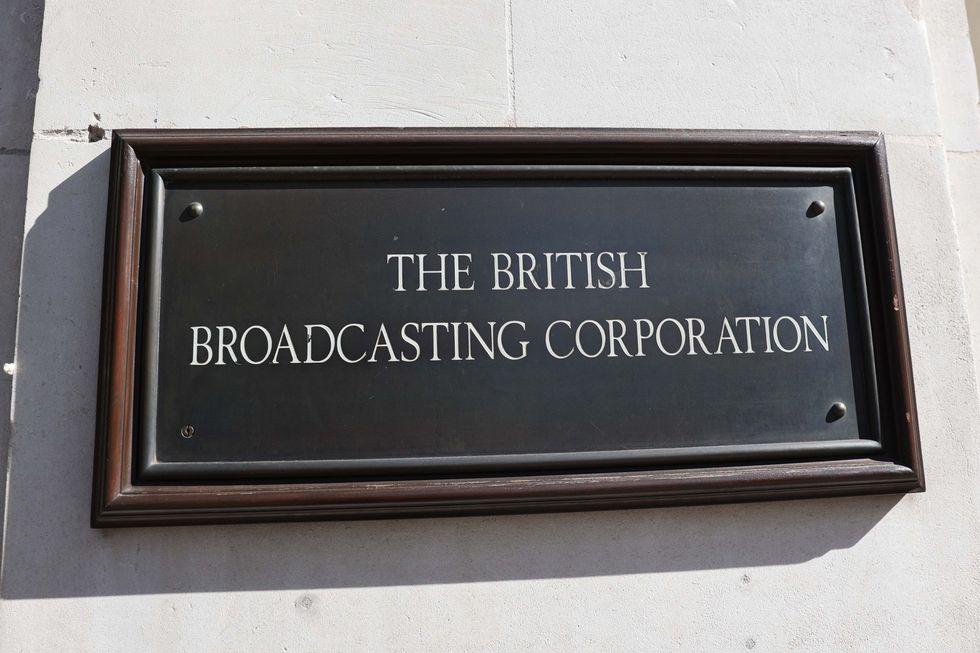
The review into the controversy was published today
|Getty
Speaking before the Culture, Media and Sport Select Committee, he said: "If you're asked a number of times [about the boy's family] and that question was not answered [by Hoyo Films]... that is basics."
He added: "There was absolutely legitimate journalism to be done," before noting that "that's what makes it frankly frustrating where we are".
The BBC received approximately 500 complaints that the film was biased against Israel and another 1,800 over its removal from iPlayer, Davie told MPs.
He explained that as editor in chief, he needed to be "secure, not only editorially where the film was at, but the making of that film".
The controversy attracted criticism from Ofcom, which warned that recent controversies could "start to erode public trust and confidence".
The BBC had apologised in February after an interim report identified "serious flaws" in the making of the documentary.
Israel does not allow international news organisations, including the BBC, into Gaza to report independently, which has made coverage of the conflict particularly challenging for broadcasters.
The review found no evidence "to support the suggestion that the narrator's father or family influenced the content of the programme in any way".
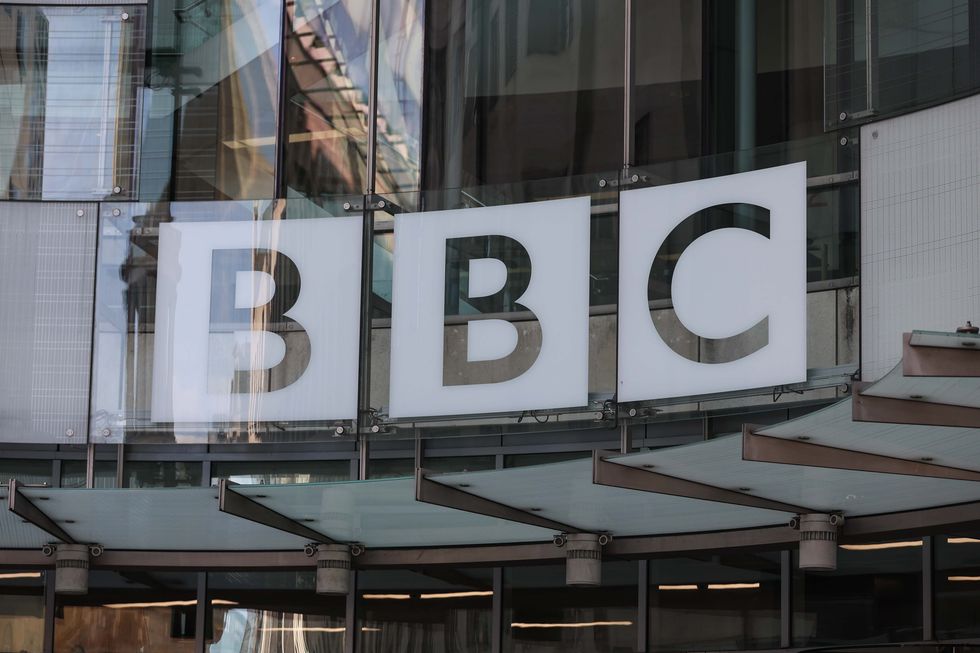
It also determined that the narrator's scripted contribution did not constitute a breach of due impartiality.
However, the report concluded that whilst the use of the child narrator did not breach editorial guidelines, it was "not appropriate".
A financial examination revealed that £795 was paid for the narrator's services, with the payment made to his adult sister.
The review stated this amount was not "outside the range of what might be reasonable in the context".
Hoyo Films said it would explore the possibility of using some material for re-edited and re-versioned shorter films for archive on iPlayer.


